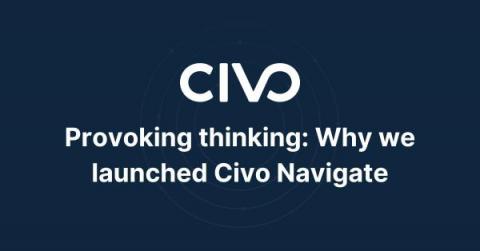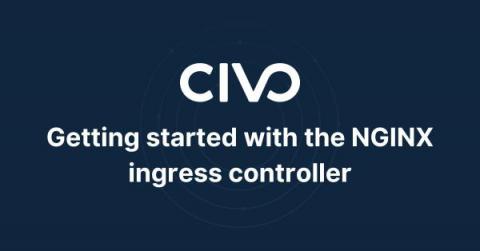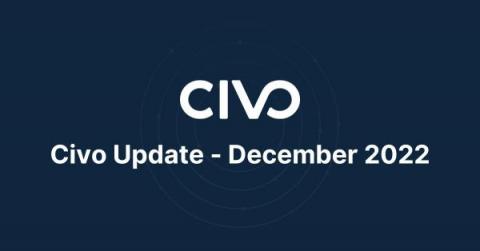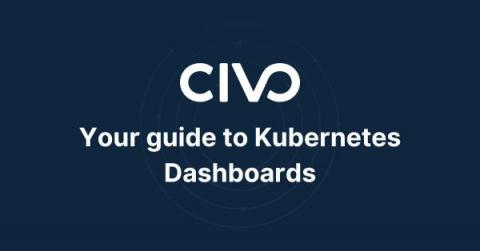Operations | Monitoring | ITSM | DevOps | Cloud
Civo
A comprehensive guide to cloud cost management
With 34% of cloud developers facing difficulties when calculating how much their cloud provider is going to charge them each month, it is essential to prioritize cloud cost management. This concept surrounds the process of monitoring, controlling, and optimizing an organization’s cloud service spend. By having the correct cloud cost management strategies in place, organizations are able to eliminate unnecessary expenses through optimizing resource allocation and cost-saving strategies.
Provoking thinking: Why we launched Civo Navigate
At Civo, we have always sought to expand people’s understanding of technology. From setting up an academy to help people get to grips with Kubernetes to running developer events around the world, we firmly believe that the benefits of technology should be accessible to everyone. There is a growing global community in the tech sector that is focused on a new way of doing things. This community is united by a conviction that these changes must be done for the benefit of all.
Getting started with the NGINX ingress controller
When moving production workloads to a new containerized environment, application traffic management (ATM) can become complex. This is especially true for organizations that are transitioning workloads to Kubernetes, as managing traffic requires load balancing and configuring other Kubernetes networking components, such as ingress and ingress controllers.
Why Kubernetes testing is important with Testkube - Civo TV
Civo Update - December 2022
Join Mark Boost, Dinesh Majrekar, and Saiyam Pathak to discuss the current state of the cloud industry and why costs are so high, how to take steps to reduce your spend, and looking at how Civo can help.
Machine Learning Updates and Trends from KubeCon 2022 - Civo TV
Kubernetes Troubleshooting Best Practices with Komodor - Civo TV
Kubernetes Security Challenges with Armo - Civo TV
Your guide to Kubernetes Dashboards
As a developer, it can become challenging to manage Kubernetes and develop applications simultaneously. That’s why we put together this guide to show you how the Kubernetes Dashboard can help developers overcome this problem and get an overview of the cluster and its workloads. From this, developers can focus more on application development while stressing less on cluster management.











